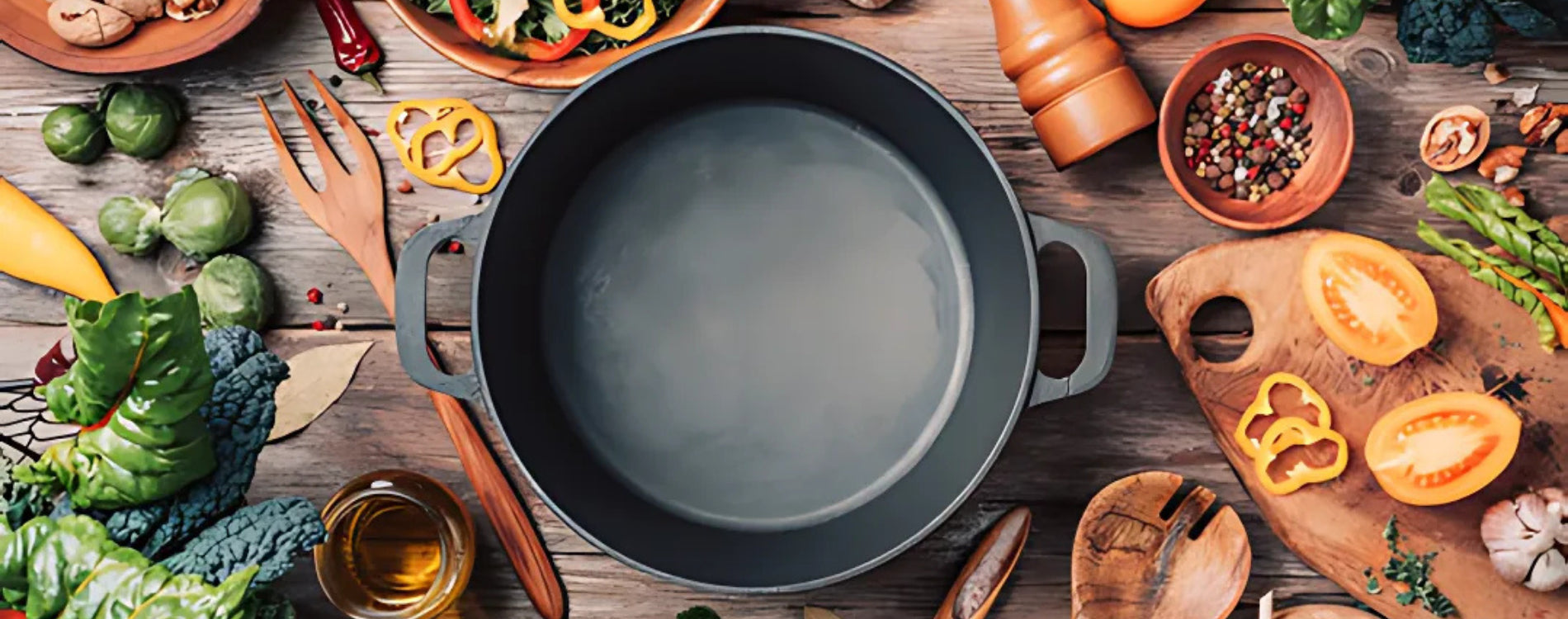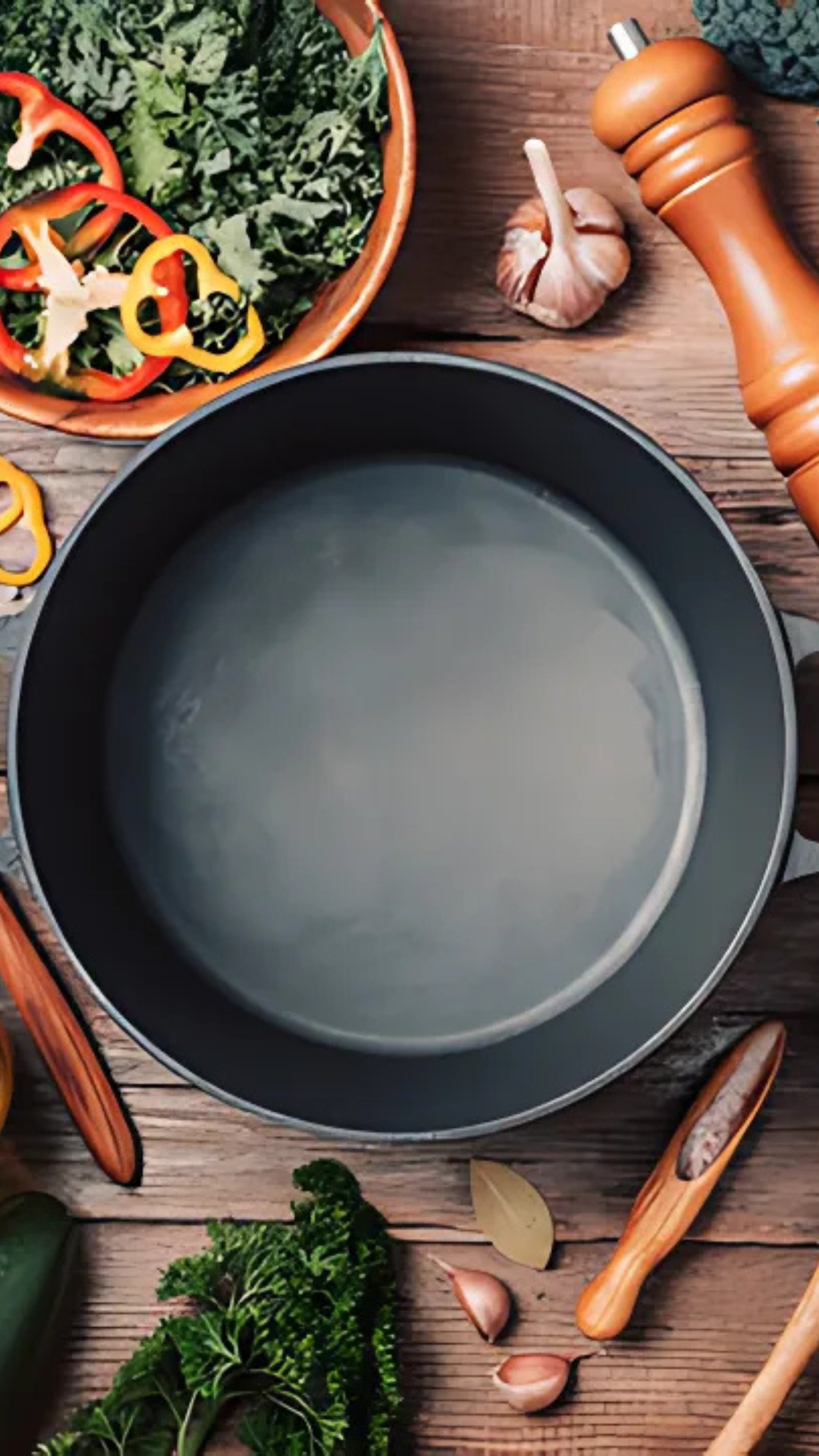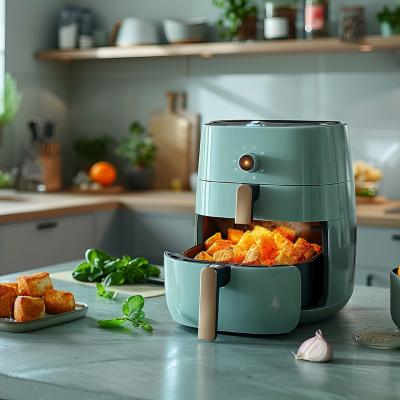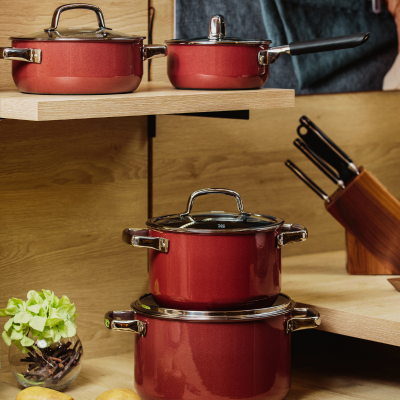
Money Back Guarantee

24/7 Service

Secured Payment

Fast Shipping
New Arrivals
Our Extensive Categories

Our Mission
At CookingDetective, we help you make smart choices for your kitchen and home. We provide clear, honest information on cookware, bakeware, gadgets, and home essentials. We research each product carefully. We gather insights from chefs, customers, and experts to give you the facts. Whether you need the best tools or helpful tips, we make cooking easier and more enjoyable. Our goal is to be your go-to resource for better cooking and living at home.



























































































